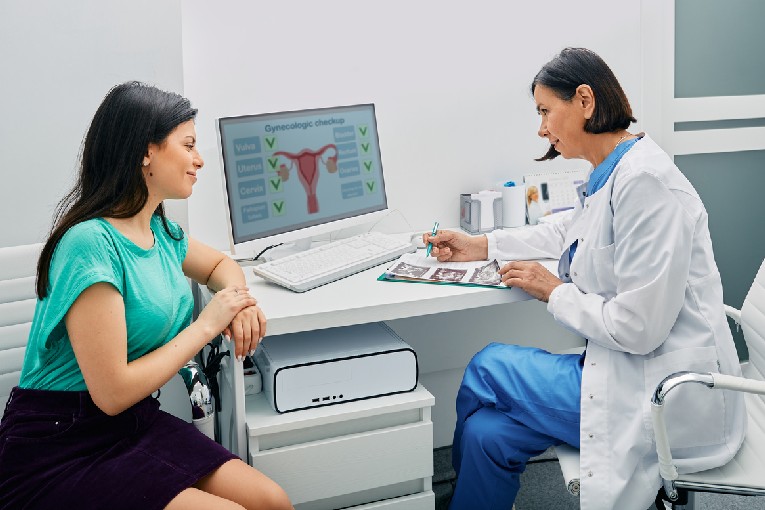Show content
Visiting a gynecologist is an integral part of maintaining your overall health, especially if you are a woman in your reproductive years. These visits can help detect potential issues early and ensure that you receive the appropriate care for your body’s unique needs. However, these appointments can sometimes feel a bit daunting, particularly when it comes to discussing sensitive topics like your menstrual cycle, sexual activity, or any symptoms you may be experiencing. Open and honest communication between you and your doctor is crucial during these visits. This blog post will discuss the various questions a gynecologist might ask during your appointment, why they’re important, and how you can prepare yourself to answer them.
Your Menstrual Cycle
Understanding your menstrual cycle is vital for many reasons, from tracking fertility to identifying potential irregularities. Your gynecologist might ask:
- When was your last menstrual period?
- How long do your periods typically last?
- Do you experience any discomfort or pain during your periods?
These questions help your doctor understand the regularity and patterns of your menstrual cycle, which can provide significant insights into your reproductive health.
Sexual Activity and Contraceptive Use
Discussing your sexual activity and contraceptive use helps your doctor assess your risk for sexually transmitted infections (STIs) and unplanned pregnancies. You might be asked:
- Are you sexually active?
- If yes, are you using any form of contraceptive method?
These questions aren’t meant to judge your lifestyle, but rather to ensure you’re informed about safe sex practices and contraceptive options that suit your needs.
Pregnancy History
If you’ve been pregnant before, your gynecologist will want to know more about those experiences. They might ask:
- Have you ever been pregnant?
- If yes, could you share your pregnancy and childbirth history?
This information can affect your future pregnancies and overall health.
Family History
Family history can often provide clues about genetic risks. Your doctor might ask:
- Are there any health issues that run in your family?
Knowing this can help your doctor recommend preventative measures or tests.
Symptoms and Concerns
Lastly, your gynecologist will want to know about any symptoms or concerns you have. They might ask:
- Have you noticed any changes in your body recently?
- Are you experiencing any discomfort or pain in the pelvic area?
- Have you noticed any unusual vaginal discharge or bleeding?
These questions help your doctor identify any potential health issues that need to be addressed.
Preparing for Your Visit
To make your gynecological visit as comfortable as possible, consider the following tips:
- Write down any questions or concerns you have beforehand.
- Be prepared to discuss your medical history, including your menstrual cycle, sexual activity, contraceptive use, pregnancy history, and family history.
- Remember, there’s no such thing as TMI (Too Much Information) in your gynecologist’s office. They’re there to help you, not to judge you.
- Don’t be afraid to ask your doctor to clarify any questions you don’t understand. It’s important that you feel comfortable during your visit.
Remember, your health is your wealth. Regular gynecological visits play a crucial role in ensuring your well-being. So, keep the lines of communication open with your doctor and make sure to schedule your routine check-ups.

